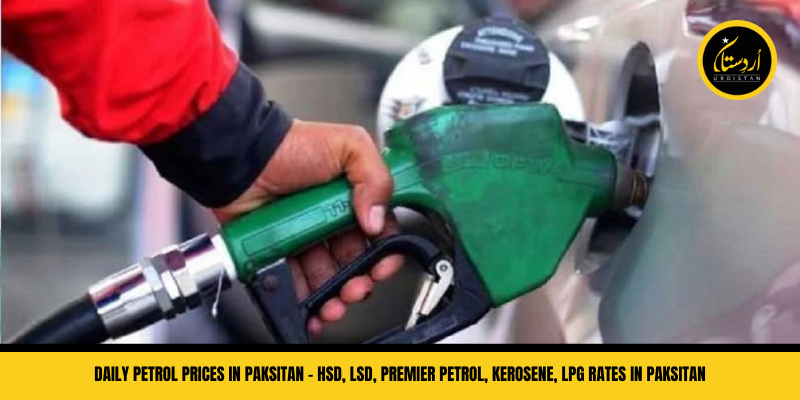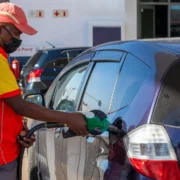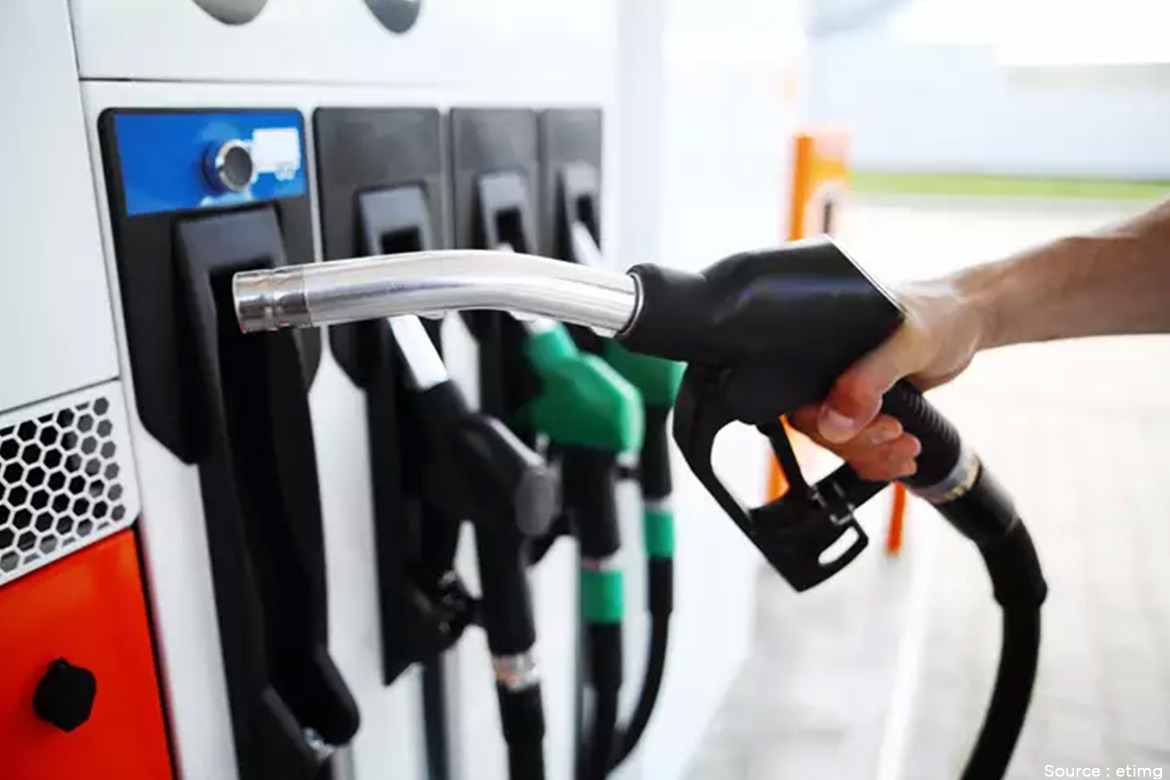Against the backdrop of PMLN being in power, the surge in Pakistan’s inflation rate has reached alarming levels. A pivotal factor in this unsettling trend is the interplay between the petroleum industry and the fluctuating Dollar Rate. Notably, the connection between Petrol Rates in Pakistan and the broader inflation rate is undeniable. The logistical processes required for the sale of commodities make petrol price variations a significant contributor to inflation. When Petrol Prices drop in Pakistan, it initiates a ripple effect, causing transportation fares to decrease, eventually influencing the pricing of both household and commercial goods. The international dip in petrol prices has prompted the Pakistani government to reevaluate domestic petrol prices. Recently, the Oil and Gas Regulatory Authority (OGRA) approved a reduction of PKR 17 per liter, leading to the current petrol price of 290 PKR per liter. This strategic measure aims to alleviate Pakistan’s inflation rate.
Petrol Prices in August 2023: For those seeking current petrol prices in Pakistan, the following details provide a comprehensive overview of the petroleum industry and its products:
- Petrol: Rs. 280 per liter
- High-speed diesel: Rs. 288 per liter
- Kerosene oil: Rs. 298 per liter
- LPG Rate: Rs. 270 (Varies by city and vendor)
The Role of Petrol: As a transparent and versatile liquid sourced from the earth, petrol serves a multitude of functions, including fueling motor vehicles and igniting fires. Its widespread applications make it a globally demanded resource. Predominantly utilized as motor vehicle fuel, daily petrol rates exhibit regional variations. Primarily located in the Middle East, where prices remain relatively low, petrol’s cost hinges on resource availability and extraction methods.
Key Petroleum Products in Pakistan:
- Premier Petrol (Euro 5): Widely consumed by motorcycles and cars, especially pertinent in Pakistan with over 17 million motorcycles.
- High-Speed Diesel: Mainly used in commercial vehicles and powerful engines exceeding 750 RPM.
- Light Speed Diesel: Tailored for low RPM engines, such as pumps, furnaces, and medium-speed vehicles.
- Kerosene Oil: Employed for ignition purposes, small machinery, and equipment.
- Liquefied Petroleum Gas (LPG): An alternative to scarce natural gas, especially beneficial for heating and commercial needs during gas shortages.
Understanding the Regulation of Petrol Prices: The Oil and Gas Regulatory Authority (OGRA), endowed with governmental authority, diligently oversees the daily regulation of petrol prices in Pakistan. OGRA’s responsibility extends to revising, elevating, or reducing petrol rates following endorsement from the Prime Minister. Numerous variables impact petrol prices, encompassing the Dollar Rate, government levies, and international market dynamics.
The Pertinence of Petrol Prices Increase: Given the current economic climate, the increase in petrol prices further exacerbates the inflation crisis. The intertwined nature of petrol prices and overall inflation highlights the urgency for comprehensive management strategies.
Conclusion: For those keen on tracking real-time petrol prices in Pakistan or staying abreast of daily changes in petroleum product rates, the provided insights furnish a comprehensive overview of relevant figures. The volatility of petrol prices significantly influences Pakistan’s economy, particularly the inflation rates, underlining the necessity for prudent pricing mechanisms.
Click here to Check Daily Gold Rates in Pakistan




Comments